About Infertility
What is infertility? Everything you need to know
Infertility is a topic rarely discussed. Most couples struggling to conceive generally know almost nothing about fertility and treatments until being thrust unprepared into the world of reproductive endocrinology, endless doctor’s visits, self-injections, and failed cycles, the cyclical sadness, disappointment and shame.
Struggling to have a child, be it one’s first or any subsequent child, can create a constant feeling of loss and helplessness. As a Jew there is an added stress of infertility. Many of the Jewish holidays and rituals revolve around children. For those struggling to have a child, these holidays and rituals can be very difficult. For some these holidays can even be a source of tremendous pain, as a reminder of what they don’t have, yet so desperately want.
Taking the first step on this journey can be very frightening, nerve-racking and anxiety-provoking. By starting down this road, one is admitting that there may be something wrong. Deciding to seek medical or other interventions is a very brave step into a previously unknown world of seemingly endless medical treatments.
Learn more about infertility affects 1 in 6
Yesh Tikva is dedicated to supporting people dealing with infertility while simultaneously raising awareness and sensitivity within the broader Jewish community. You can learn more about our activities by reading
1 in 6
According to the National Survey of Family Growth, 1 in 6 couples in America is diagnosed with infertility each year.
It is important to keep in mind that even the most aggressive treatment, in vitro fertilization (IVF), only leads to live birth 47.6% of the time in women under 35 and 34.0% in women aged 35-37 (Society for Assisted Reproductive Technology, 2018). That means that each time a couple spends $15,000-$35,000 (most of which is generally not covered by health insurance) on an IVF treatment, it is statistically more likely for them not to have a child. Others require surgery, numerous medications, and other interventions. This reality suggests that couples will be required to undergo multiple treatments prior to having a child and for some couples these treatments may never result in a live birth. The process of undergoing treatment is exceptionally time-consuming, financially-taxing and emotionally-draining.
For most Jewish couples who want children, building a family is a given. But for the 1 in 6, the road to parenthood is paved with tears, anguish, loss, isolation and depression.
Infertility & Jewish Law
Infertility and fertility treatments can be very stressful. For some Jewish couples and individuals, there is the added pressure of keeping within the strictures of Halakha (Jewish law). However, asking Halakhic questions (questions pertaining to Jewish law) will go a long way in mitigating the stressful nature of the fertility journey. It is critical that the person consulted is familiar with current developments in reproductive medicine and the details of the specific halakhic issues involved OR will readily consult with somebody who is. Without consulting an expert, people undergoing fertility treatments are often stricter than necessary in halakhic matters because they have nobody to ask or are too embarrassed.
Infertility and Jewish Law
Yesh Tikva’s “Infertility and Halakha” guide was established to provide support in obtaining halakhic guidance.
The guide includes the following parts:
- Jewish Law and the Infertility Journey: A General Guide
- Fertility Treatments and Jewish Law: A comprehensive Guide
- Patient Portal: Common infertility procedures and question you might consider asking an expert in Jewish law and infertility
Fertility Treatment and Halakah Cards- Questions that may arise during treatment, knowing about them in advance allows one to prepare for all possibilities and not feel ambushed. Please reach out to order a copy of these cards: support@yeshtikva.org
Myths vs Reality
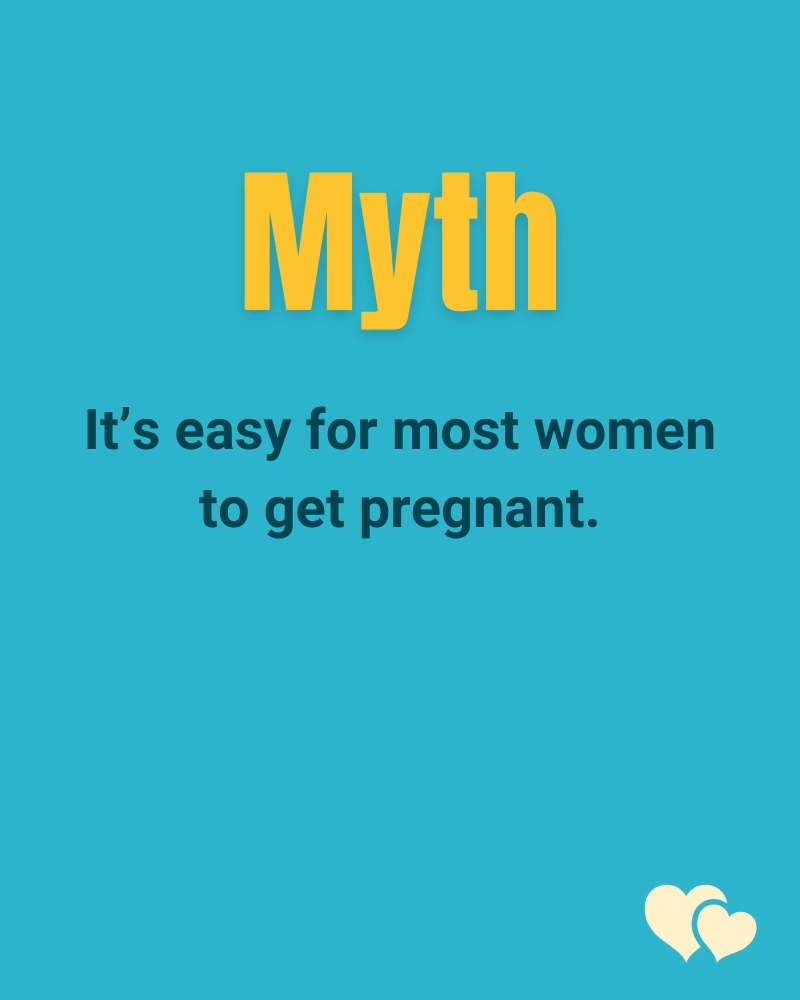
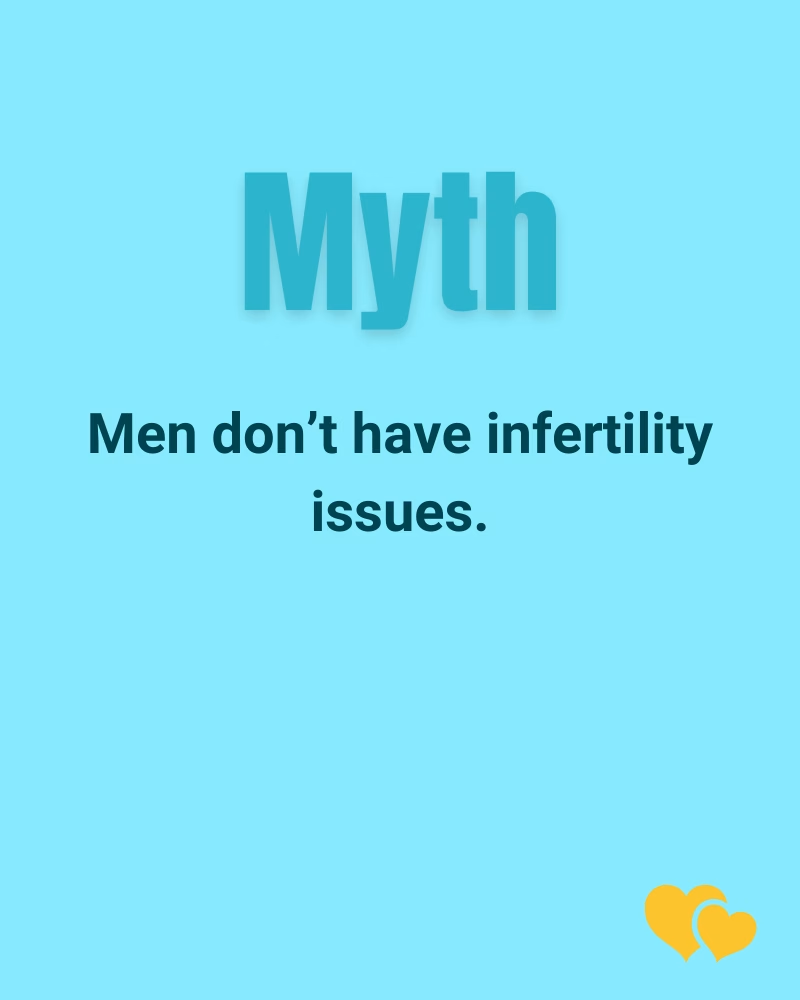
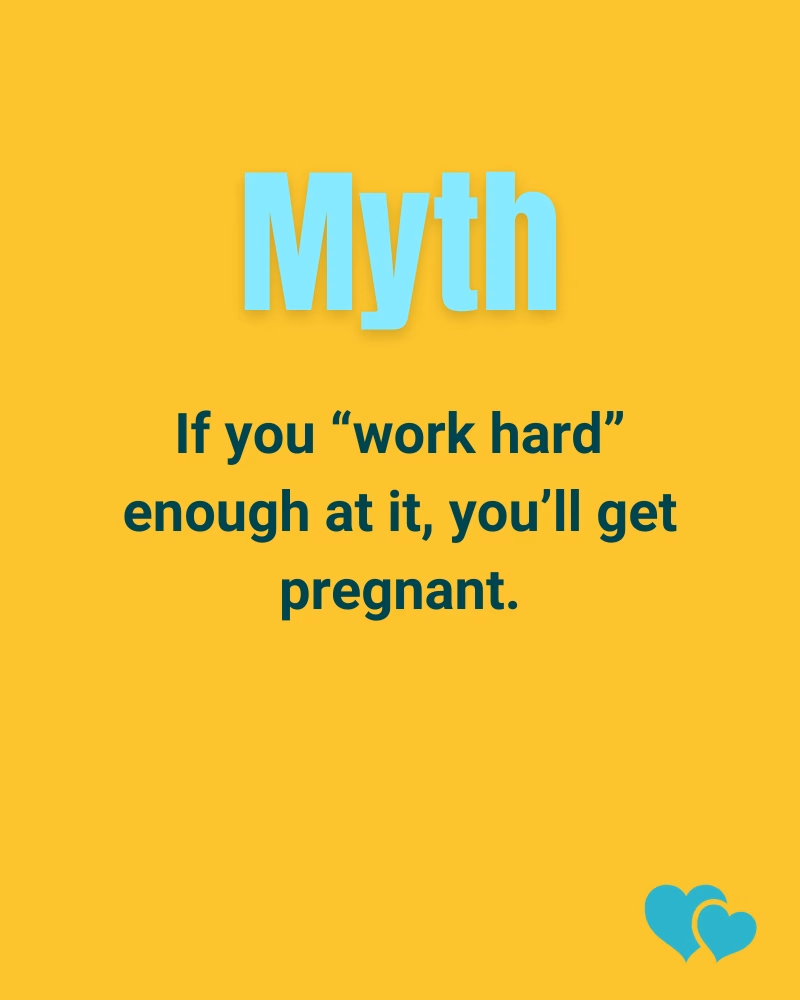
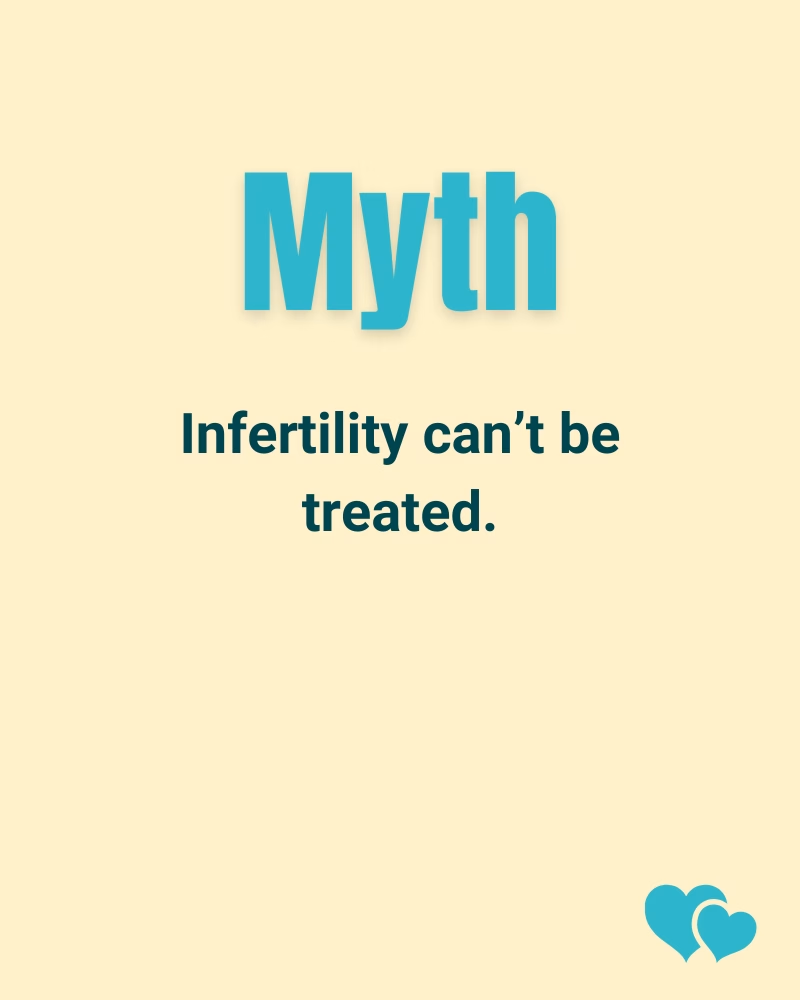

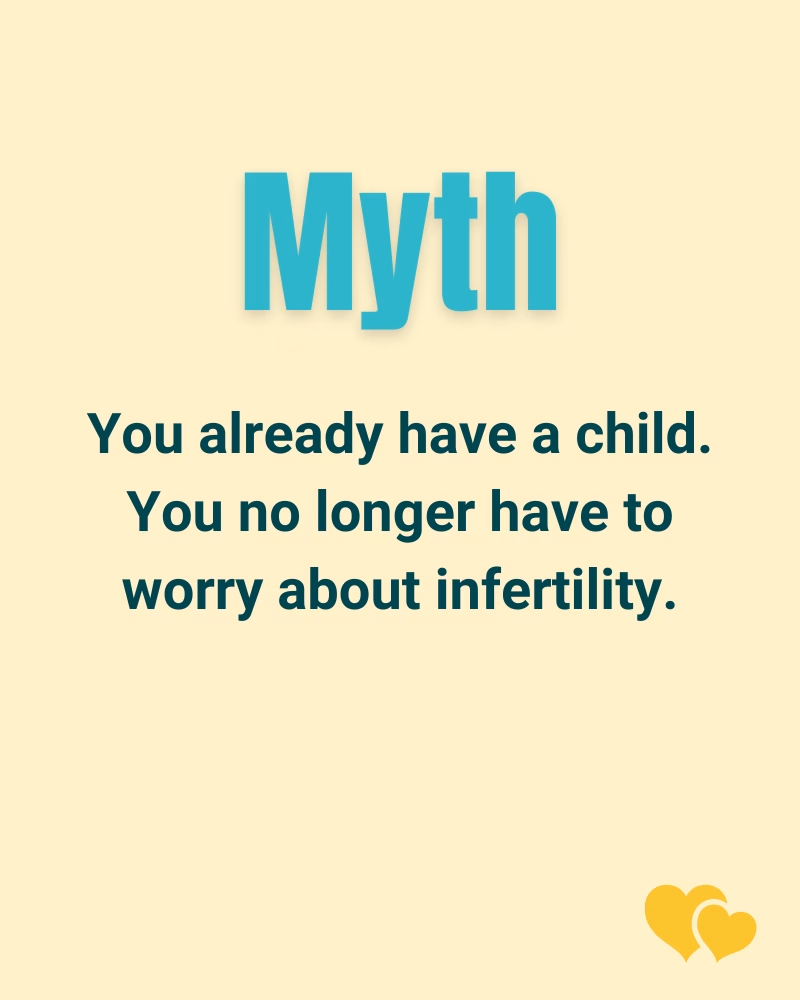
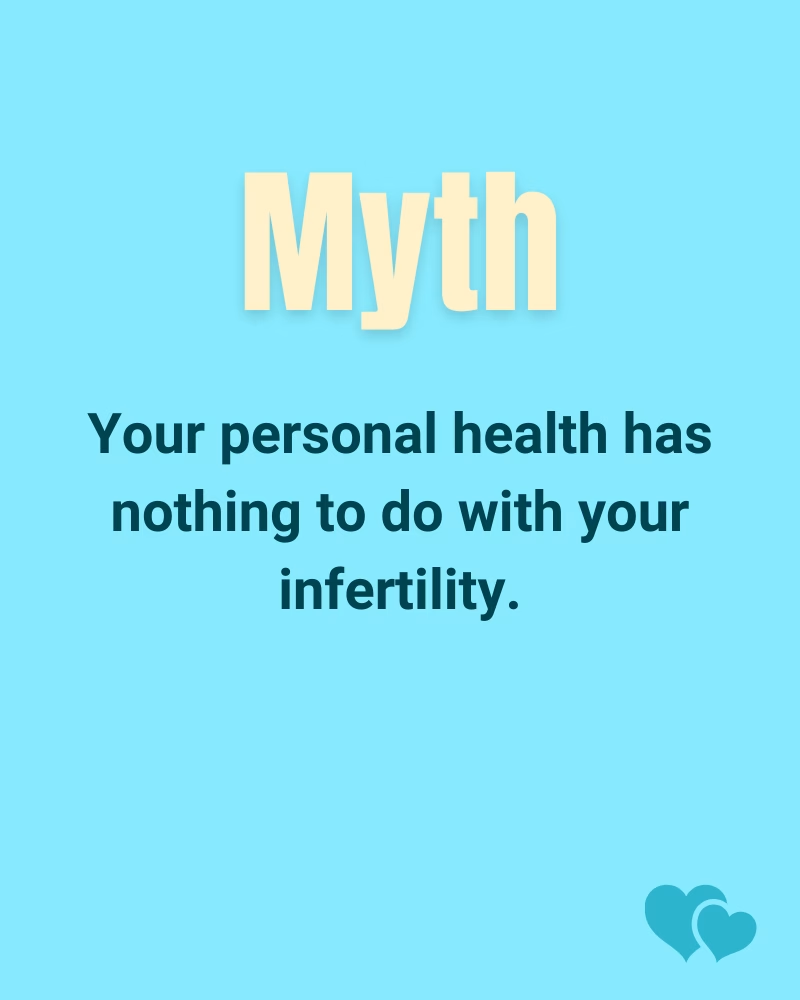
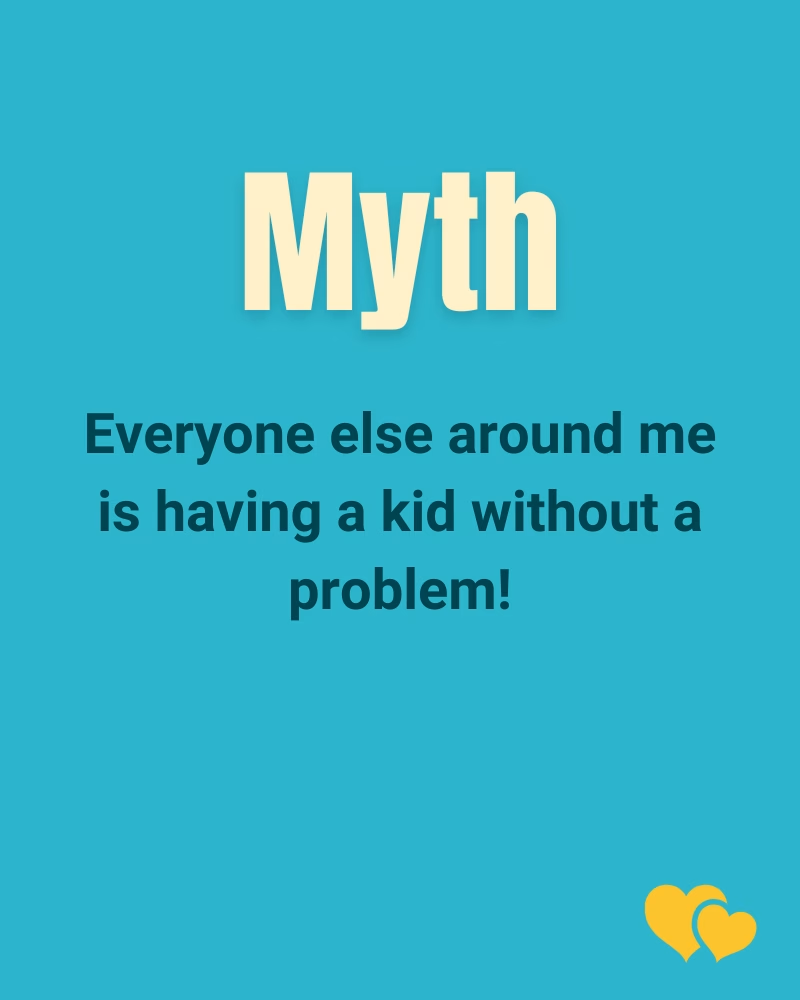
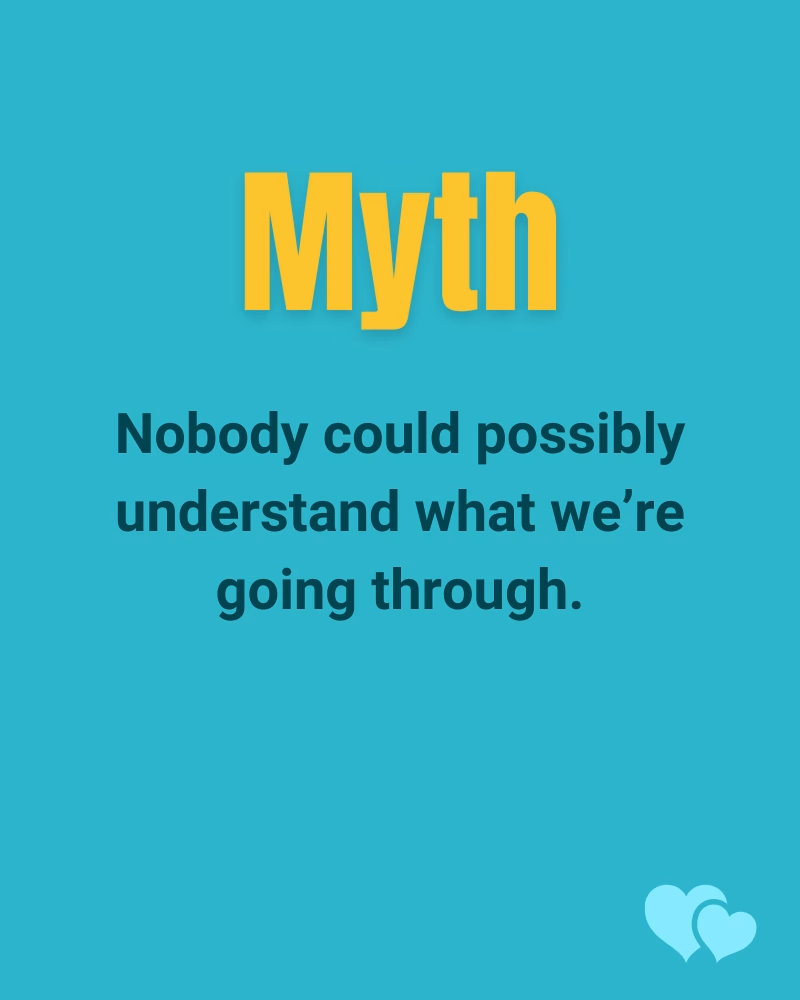
Additional Resources
Struggling to have a child, be it one’s first or any subsequent child, can feel lonely and overwhelming. Taking the first step on this journey might feel frightening. Remember, you are not alone!
Yesh Tikva is here to support you through every step of your journey!
In addition to the support of the Yesh Tikva Community here are other resources that you may also find helpful. The following include finical aid and other local and national resources.
You can learn more about the topic of infertility by clicking on any of the sites below:
National Fertility Organizations and Resources
Jewish Fertility Related Organizations
Funding
National Fertility Grants
Medication Discount Programs
Legal Resources
Footer

We are committed to financial accountability and transparency. Yesh Tikva has received gold level status at Candid.
Please fill out the form below and an email with a downloadable PDF will be sent to your directly to your inbox
Make sure to check your spam folder as well

